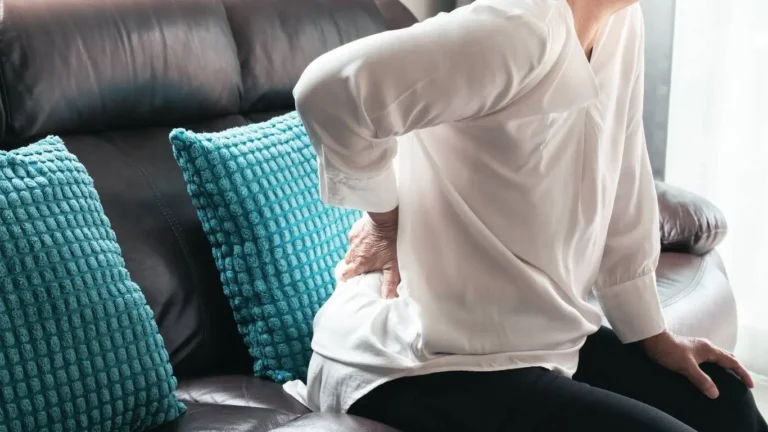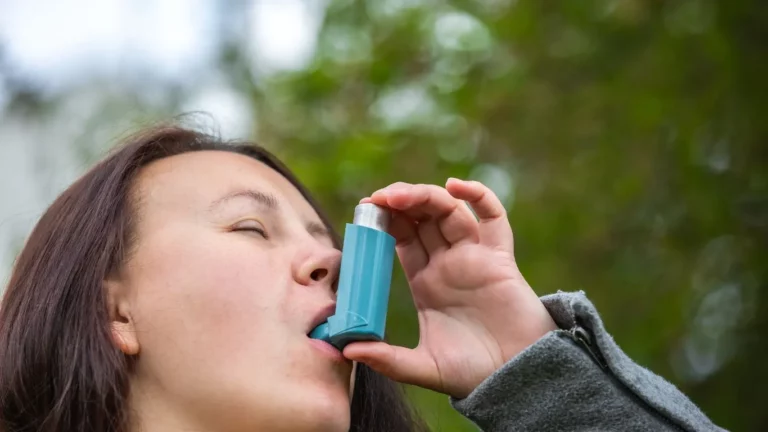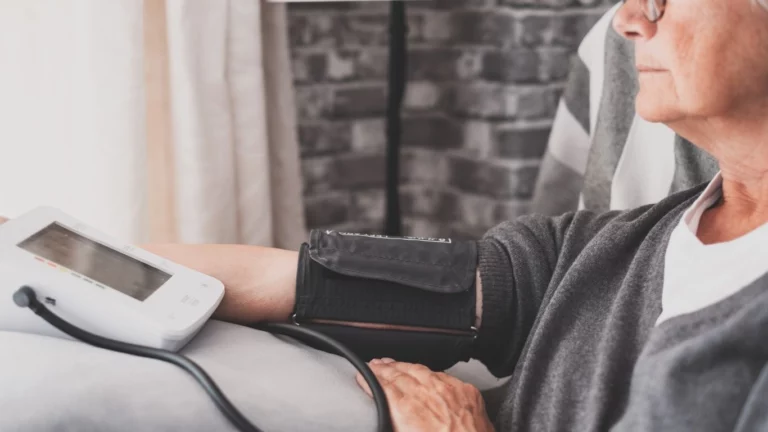Effective Ways to Reduce Nocturnal Hypertension for Better Health
Ever wake up in the middle of the night with your heart racing and a pounding headache? You’re not alone. I’ve had patients come in swearing something was seriously wrong—only to discover they were dealing with a sneaky culprit: nocturnal hypertension. It doesn’t always show up in a routine clinic blood pressure reading, but it’s quietly doing damage behind the scenes. That’s why learning how to reduce nocturnal hypertension isn’t just about getting better sleep—it’s about protecting your heart, kidneys, and brain in the long run. And trust me, as someone who’s managed countless cases of high blood pressure, especially the stubborn overnight spikes, I can tell you this: once we address the night-time numbers, everything starts to improve.
What Exactly Is Nocturnal Hypertension?
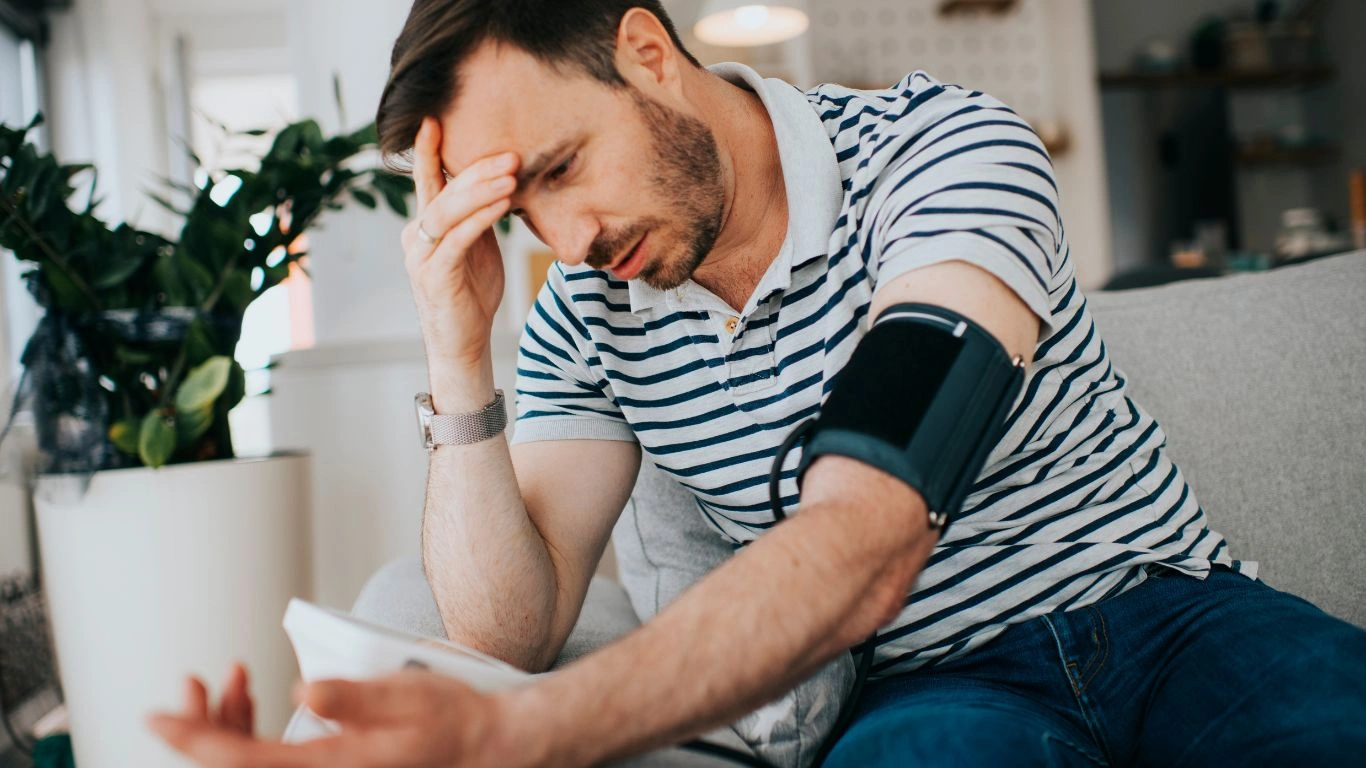
Nocturnal hypertension means your blood pressure doesn’t dip—or might even rise—while you sleep. Normally, BP should drop by about 10-20% at night. When that doesn’t happen, we call it a “non-dipping” pattern. If it goes up instead? That’s reverse dipping, and it’s even riskier. Many of my patients had absolutely no clue this was going on until we did 24-hour ambulatory blood pressure monitoring.
The scary part? These patients often look fine during daytime visits. But over time, that nighttime strain can damage organs—particularly the kidneys and heart—and increase stroke risk significantly.
Why Does Blood Pressure Go Up at Night?
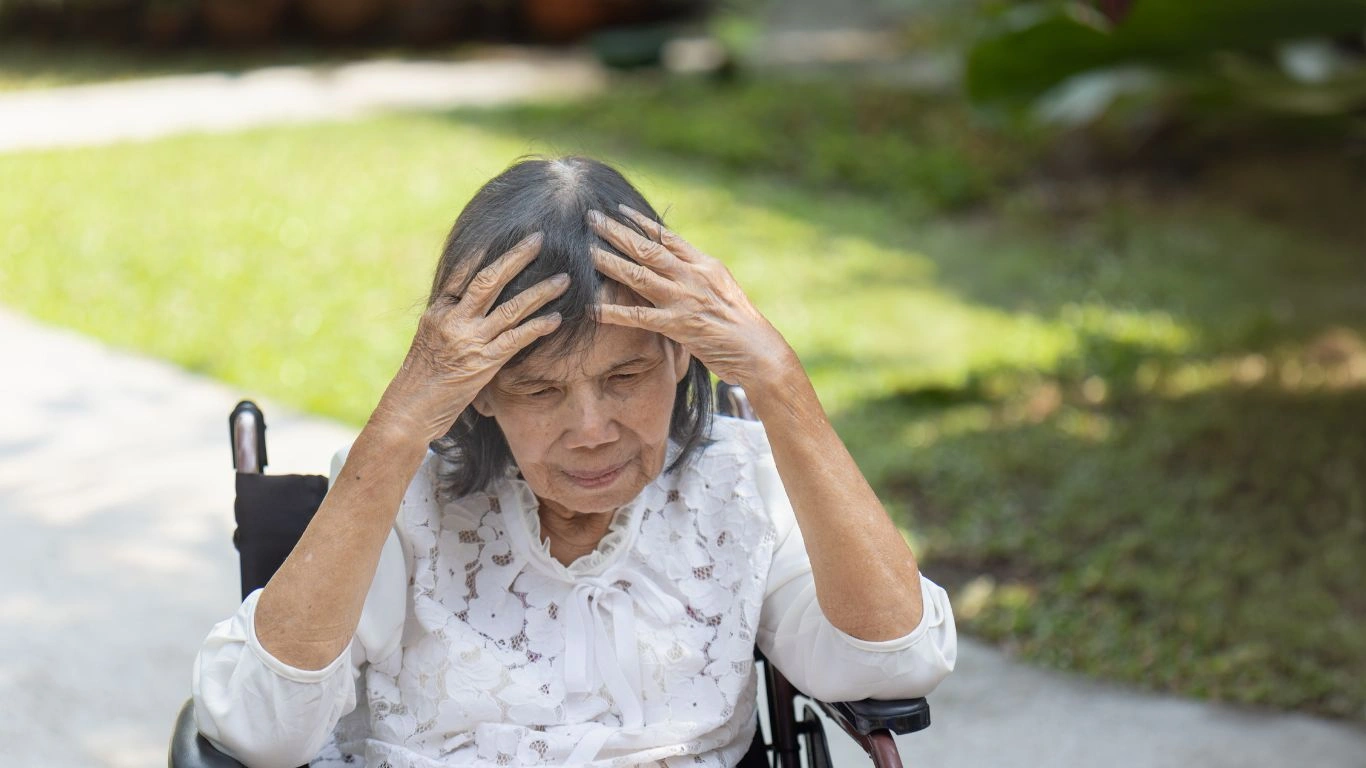
There’s no single cause, which makes treating nocturnal hypertension a bit of a detective game. But here are some of the usual suspects I’ve seen in clinic:
- Obstructive sleep apnea (OSA): This is a huge one. Interrupted breathing stresses your cardiovascular system all night long.
- Poorly timed or missed medications: Blood pressure meds wearing off too soon? That’s an easy fix with proper timing.
- Chronic stress and cortisol imbalances: When your body doesn’t know how to turn off the “fight or flight” switch at night, BP stays elevated.
- Kidney disease: The kidneys regulate fluid and sodium balance, and when they’re off, blood pressure often follows.
- Salt sensitivity: Especially in certain populations, like older adults or African Americans, high salt intake can dramatically affect night-time pressures.
I had a middle-aged patient, let’s call him Mark, who was on three different antihypertensives but still had morning headaches. After 24-hour monitoring, it turned out his BP spiked every night between 2–4 a.m. A sleep study later confirmed mild OSA. Once we started CPAP and adjusted his med timing, his symptoms—and his BP—improved within weeks.
How to Reduce Nocturnal Hypertension Naturally (and Effectively)
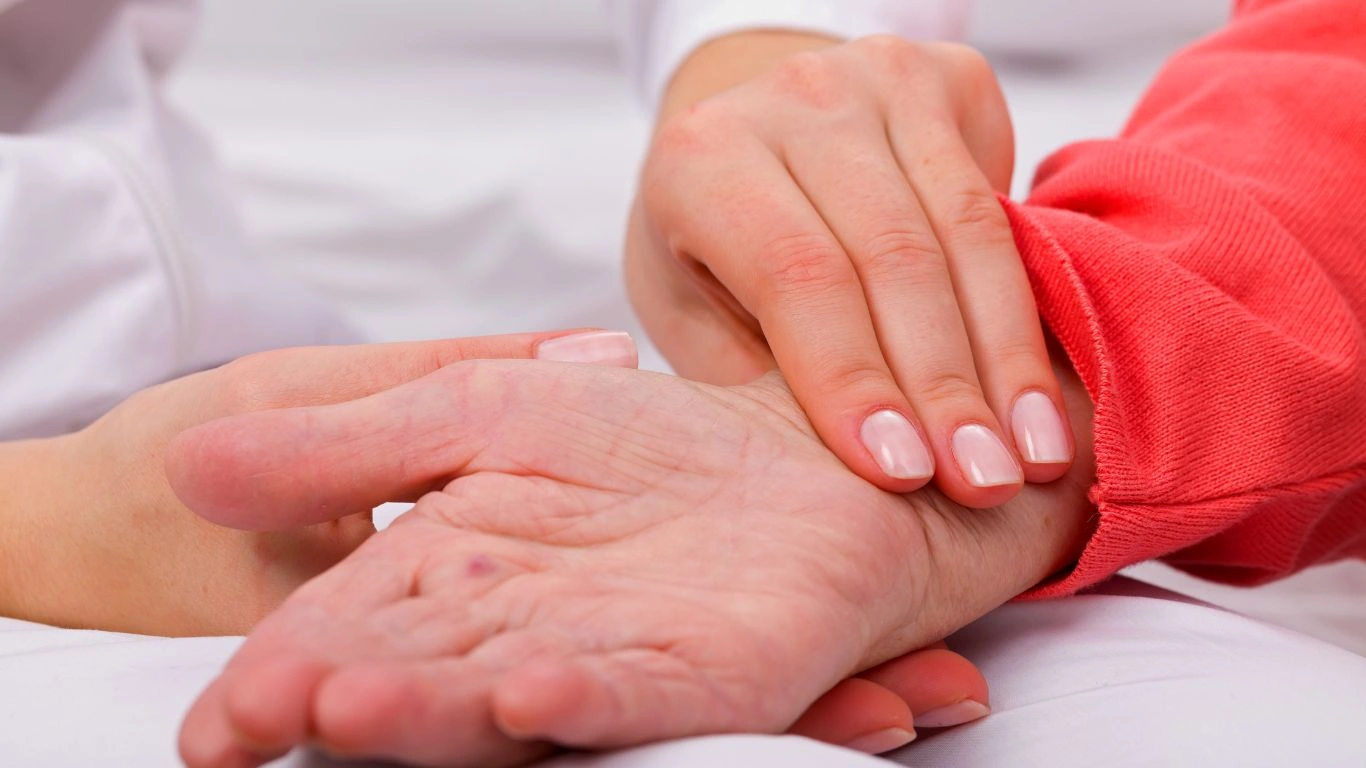
Good news: you don’t have to overhaul your entire life overnight. Many of my patients start with a few simple lifestyle tweaks and see significant improvement. Here’s what I often recommend:
1. Optimize Your Medication Schedule
If you’re already on meds, one of the first things I look at is when you’re taking them. Studies (and my clinical experience) show that moving one or more medications to the evening can help control overnight spikes. It’s called chronotherapy, and it can be game-changing.
2. Prioritize Quality Sleep
This might sound obvious, but hear me out. Poor sleep doesn’t just leave you groggy—it disrupts your body’s natural rhythm and can elevate nighttime BP. Aim for a solid 7-8 hours, and if you’re snoring loudly or waking up gasping, please talk to your doctor about a sleep study.
3. Watch That Salt—Especially in the Evening
Too much sodium late in the day can make your body hold onto fluid overnight. I usually tell my patients to cut back on salty snacks and processed foods after 5 p.m. Try a light, balanced dinner with potassium-rich foods like sweet potatoes or spinach instead.
4. Establish a Wind-Down Routine
This isn’t just wellness fluff—creating a calming routine helps your nervous system shift from “go mode” to “rest mode.” Try dimming the lights, putting away screens an hour before bed, or practicing deep breathing exercises. Even 5-10 minutes can help.
5. Stay Active—but Time It Right
Exercise is great for BP, but intense workouts too late in the evening can actually keep your pressure high into the night. I tell my patients to shoot for morning or early afternoon sessions when possible.
- Go for brisk walks or light cardio during the day
- Try yoga or stretching in the evening instead of high-impact workouts
- Stay consistent—your body loves a routine
These changes may seem simple, but in my experience, they can reduce nocturnal blood pressure significantly—especially when combined with proper medication and follow-up monitoring.
Medical Approaches to Managing Nocturnal Hypertension
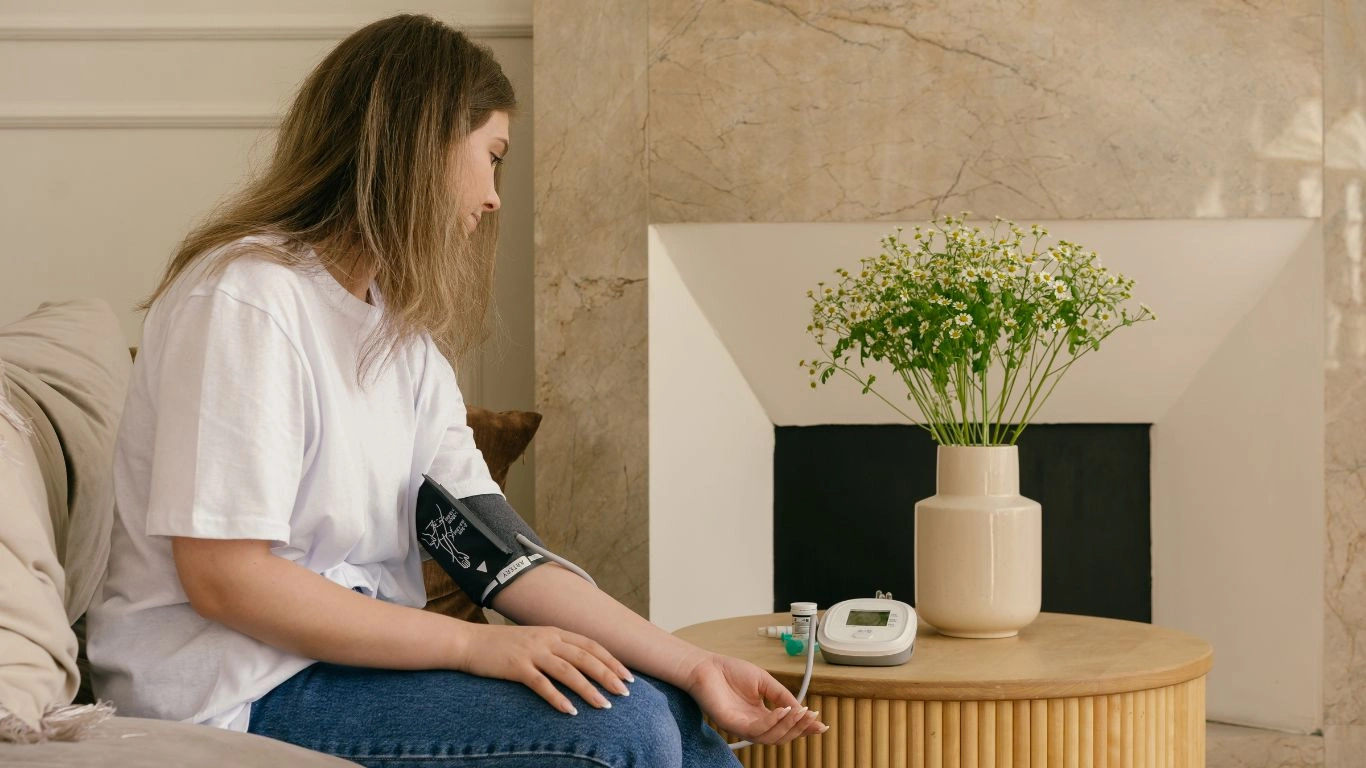
Now, while lifestyle changes are crucial, there are times when medication adjustments or additional treatments become necessary. From my years in Internal Medicine, I’ve learned that no two patients are the same, and tailoring treatment is key—especially when tackling something as tricky as nocturnal hypertension.
Chronotherapy: Timing Is Everything
You might have heard the buzz about “taking blood pressure meds at night,” and it’s not just a fad. The concept of chronotherapy—aligning medication timing with your body’s natural rhythms—has solid scientific backing. By taking at least one antihypertensive drug in the evening, you help control those dangerous night-time spikes.
In fact, many of my patients who struggled with “normal” daytime BP readings but persistent morning headaches or fatigue found remarkable improvements when we shifted their dosing schedule. This approach not only improves nocturnal BP but has been linked to lower risks of cardiovascular events like strokes.
Choosing the Right Medications for Nighttime Control
Not all blood pressure meds are created equal when it comes to nocturnal control. Here’s what I usually consider in my practice:
- ACE inhibitors and ARBs: These are great for sustained 24-hour control and kidney protection, especially if there’s underlying kidney disease.
- Calcium channel blockers: Some formulations, especially extended-release ones, can be effective overnight.
- Diuretics: Typically given in the morning to avoid nighttime bathroom runs, but sometimes low-dose adjustments can help fluid balance.
It’s always a balancing act, especially if you’re dealing with other conditions like diabetes or heart failure. I encourage open communication with your healthcare provider to find what fits your unique situation best.
Why Monitoring Nocturnal Blood Pressure Matters

One of the biggest challenges I see in managing nocturnal hypertension is simply detecting it. Traditional office BP checks don’t catch these nighttime rises, which is why 24-hour ambulatory blood pressure monitoring (ABPM) is considered the gold standard.
ABPM involves wearing a portable cuff that takes BP readings every 20-30 minutes over a full day and night. It might sound uncomfortable, but the insights are invaluable. It shows exactly how your blood pressure behaves during sleep, helping us fine-tune treatment. I always explain this to patients: it’s like getting a complete “movie” of your blood pressure, not just a snapshot.
In my experience, patients often feel more empowered once they see their own ABPM results. It turns abstract numbers into something concrete—and motivates lifestyle changes and medication adherence.
Other Factors That Can Help Reduce Nocturnal Hypertension
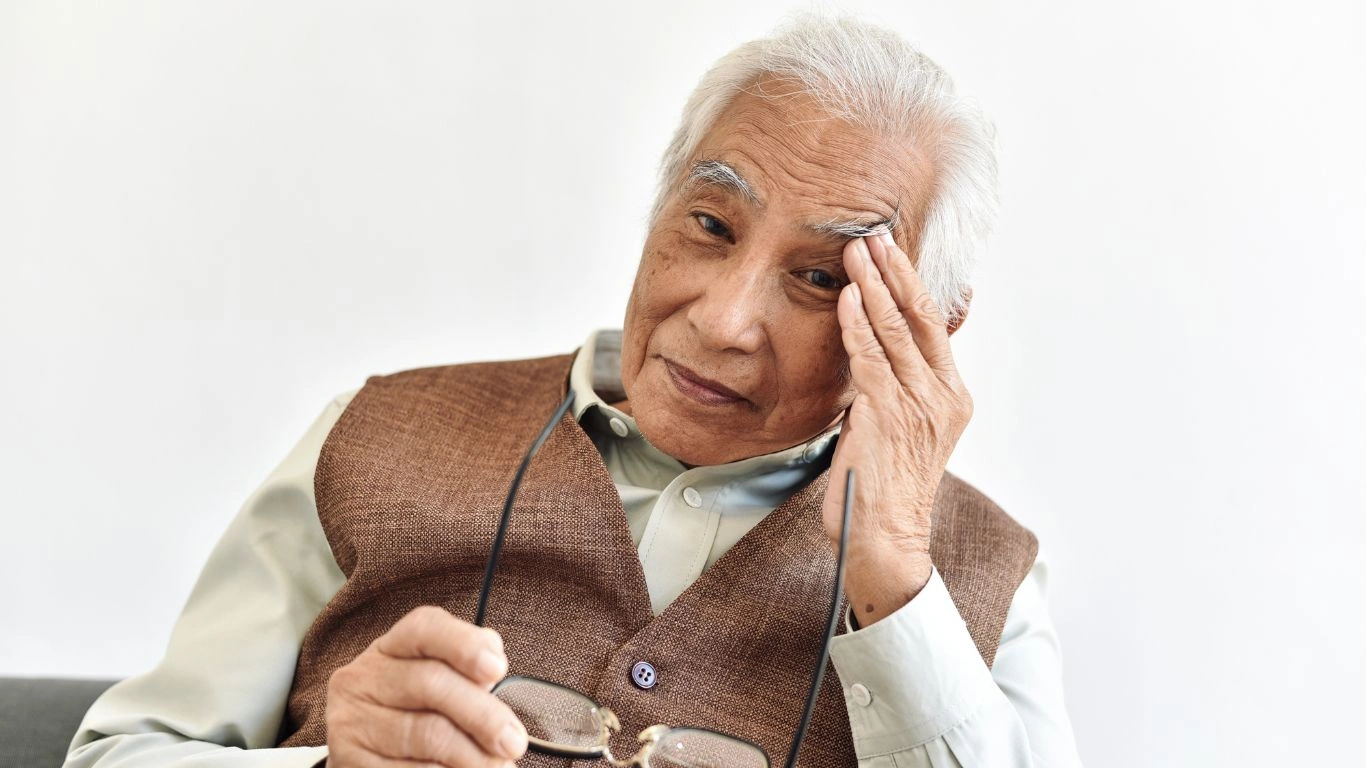
Beyond meds and monitoring, there are other habits and conditions we need to watch out for. Here’s a quick rundown of things that can influence those pesky night-time readings:
Manage Stress and Anxiety
Chronic stress has a sneaky way of keeping your sympathetic nervous system activated, even when you want to relax. I’ve found that simple mindfulness exercises, guided meditation, or even just a few minutes of deep breathing before bed can make a noticeable difference in patients’ BP readings and overall wellbeing.
Limit Alcohol and Caffeine Late in the Day
While a glass of wine or coffee earlier in the day might seem harmless, consuming these too close to bedtime can disrupt sleep quality and raise blood pressure. This was a surprise for many of my patients who thought their evening habits were benign.
Maintain a Healthy Weight
Excess weight, especially around the abdomen, often worsens nocturnal hypertension. It’s a tough battle for many, but I always encourage small, sustainable changes over drastic dieting. When patients lose even 5-10% of their body weight, nighttime BP tends to improve alongside overall cardiovascular health.
Stay Hydrated—but Watch Timing
Dehydration can sometimes cause blood pressure spikes, but drinking a ton of fluids right before bed can lead to interrupted sleep and stress on the cardiovascular system. Finding the right balance is key.
When to Seek Help and What to Expect
If you’re waking up with headaches, feeling unusually tired, or have a history of high blood pressure that’s hard to control, it’s worth bringing up nocturnal hypertension with your doctor. As someone who’s helped many navigate this, I recommend:
- Requesting a 24-hour ambulatory blood pressure monitor if daytime readings seem normal but symptoms persist.
- Discussing your current medications and timing—don’t stop or adjust without medical advice!
- Screening for sleep apnea if you snore loudly, gasp during sleep, or feel excessively tired during the day.
- Focusing on lifestyle changes, but remember that these work best alongside medical treatment.
At the end of the day, reducing nocturnal hypertension isn’t just about lowering numbers—it’s about improving quality of life and preventing serious complications. With the right combination of monitoring, medications, and lifestyle tweaks, night-time blood pressure can be managed effectively. I’ve seen it firsthand, and that’s why I always stress the importance of paying attention to those nighttime readings—they matter more than you might think.
Advanced Strategies and Long-Term Management of Nocturnal Hypertension
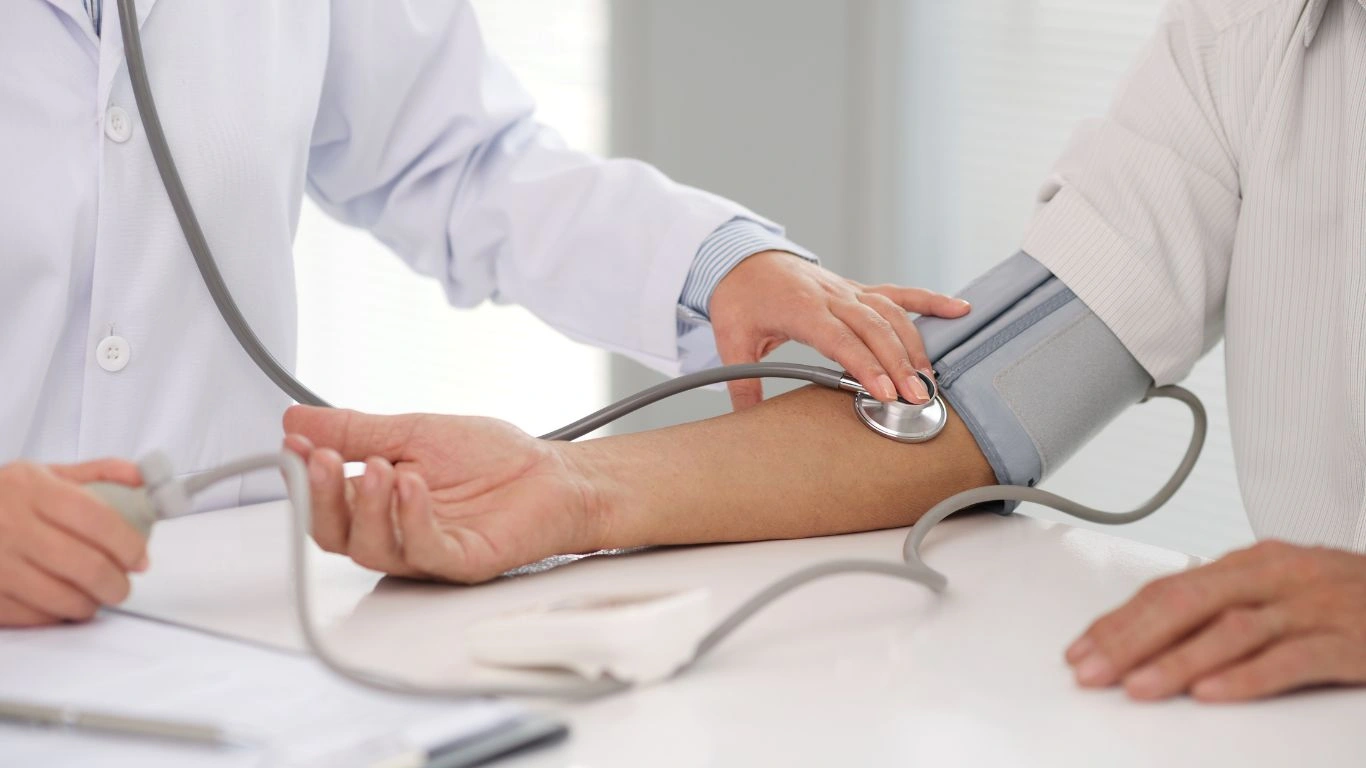
By now, you’ve got a solid foundation on how to reduce nocturnal hypertension through lifestyle tweaks and medication timing. But sometimes, despite our best efforts, nocturnal hypertension persists or comes with complex underlying causes that require a bit more finesse. In my practice, this is where a more comprehensive, personalized approach really shines.
Addressing Underlying Health Conditions
From kidney issues to hormone imbalances, certain conditions can fuel nocturnal hypertension. For instance, secondary hypertension caused by conditions like primary aldosteronism or thyroid disorders might not respond well to typical treatments. When I suspect something beyond “essential” hypertension, I order targeted blood tests and imaging to rule out these possibilities. Identifying and treating the root cause can sometimes normalize blood pressure without needing aggressive medication changes.
Sleep Apnea: The Nighttime Villain
Obstructive sleep apnea (OSA) keeps coming up for a reason—it’s one of the most common and modifiable contributors to nocturnal hypertension. If you haven’t had a sleep study but experience symptoms like loud snoring, morning headaches, or daytime sleepiness, it’s a conversation worth having with your doctor. From personal experience, patients who stick with CPAP therapy often report feeling better in every way—not just blood pressure control, but energy, mood, and concentration.
The Role of Technology in Monitoring
With advances in wearable technology and home BP monitors, patients now have more tools than ever to track their blood pressure around the clock. While these gadgets don’t replace formal ambulatory monitoring, they can offer useful trends and prompt earlier intervention. I encourage patients to bring these readings into their appointments so we can see the bigger picture together.
Practical Tips to Sustain Your Progress

Managing nocturnal hypertension is often a marathon, not a sprint. I always tell my patients that sustainable success depends on consistency and realistic goals. Here are some of my favorite practical tips that keep people on track:
Keep a Blood Pressure Journal
Writing down your readings, medication times, sleep patterns, and even diet can reveal patterns you might miss otherwise. This simple habit can boost accountability and help your healthcare provider tailor treatments more effectively.
Regular Follow-Ups Are Key
Blood pressure isn’t static—it changes with age, stress, and lifestyle shifts. Staying in touch with your doctor, especially if you notice symptoms or BP spikes, ensures adjustments happen before problems develop.
Don’t Underestimate Stress Management
I can’t stress this enough. Chronic stress is a silent driver of hypertension, including at night. Incorporating mindfulness, yoga, or even just 10 minutes of quiet reflection daily can make a measurable difference.
Stay Educated and Empowered
Knowledge is power. Understanding your condition helps you make informed choices. I encourage patients to ask questions, read reputable sources, and be proactive partners in their care. For those interested, reputable organizations like the American Heart Association or New England Journal of Medicine offer accessible information.
Final Thoughts on Living Well with Nocturnal Hypertension
In my years as an Internal Medicine physician, I’ve witnessed how nocturnal hypertension can quietly undermine health, yet also how manageable it truly is with the right approach. From simple lifestyle changes to precise medication timing and thorough evaluation of underlying causes, there are multiple ways to turn the tide.
Remember, the goal isn’t just lower numbers on a cuff but improving your overall health and quality of life. If you suspect your blood pressure spikes at night or struggle with symptoms like morning headaches or daytime fatigue, don’t wait. Bring it up with your healthcare provider, and take advantage of the tools and treatments available today.
Because at the end of the day, reducing nocturnal hypertension is about taking back control—over your heart health, your sleep, and your future.
References
- American Heart Association
- New England Journal of Medicine
- Sleep Foundation
- National Kidney Foundation
- American Gastroenterological Association
Disclaimer
This article is for informational purposes only and is not a substitute for professional medical advice, diagnosis, or treatment. Always seek the advice of your physician or other qualified health provider with any questions you may have regarding a medical condition.

Dr. Gwenna Aazee is a board-certified Internal Medicine Physician with a special focus on hypertension management, chronic disease prevention, and patient education. With years of experience in both clinical practice and medical writing, she’s passionate about turning evidence-based medicine into accessible, actionable advice. Through her work at Healthusias.com, Dr. Aazee empowers readers to take charge of their health with confidence and clarity. Off the clock, she enjoys deep dives into nutrition research, long walks with her rescue pup, and simplifying medical jargon one article at a time.


